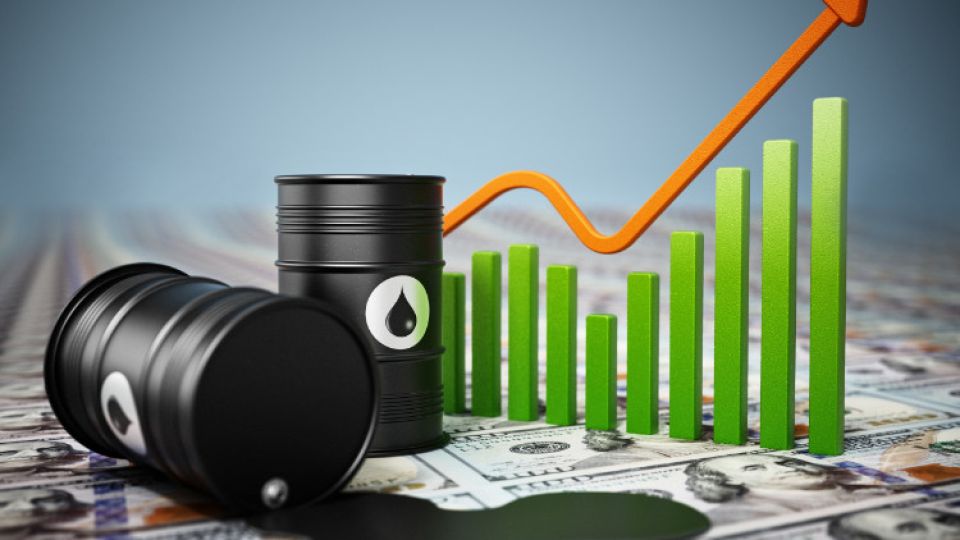September 7, 2022
SEOUL – Higher energy import bills, prompted by changes in the global economy, are to blame for the five-month trade deficit since April, with the trend likely to continue for the next three months, the Bank of Korea said Tuesday in a research paper.
The August trade deficit came to $9.47 billion, a monthly record since 1956 when the Trade Ministry began to collect such data. The January-August deficit of $24.7 billion has already surpassed the yearly high set in 1996. Higher prices of energy and petroleum products accounted for 78 percent of this year’s trade deficit so far, according to the central bank.
In March, oil prices hit their highest levels since 2008 as the US and European allies moved to ban Russian oil imports. The prices have since settled lower, led by worries that the global economy would slow down with China seeking to combat a COVID-19 resurgence with lockdowns.
“Global oil prices will remain elevated, the global economic slowdown will be more pronounced and the trade deficit will run its course for the time being,” the bank said, referring to the next three months, noting an annual average decline of $10 in global oil prices would improve the trade balance by $9 billion.
But the current account is expected to post a surplus this year, thanks to an increase in custom-free exports and the income account. And to post a long-running surplus, manufacturers have to improve investment climate at home to raise their competitiveness abroad, the bank noted, though acknowledging that companies would still find custom-free exports more profitable as they build plants overseas and make exports from there.
A day earlier, Finance Minister Choo Kyung-ho warned that a current account surplus should not be taken for granted, saying changes in the global economy stemming from Russia’s war in Ukraine and global policy tightening could push the balance into the red. To avoid that, Choo, who doubles as deputy prime minister, pledged to make every tool available so companies could ride out any headwinds hampering their exports.
Starting October, Prime Minister Han Duck-soo will hold a meeting regularly to discuss concrete steps to boost exports.


